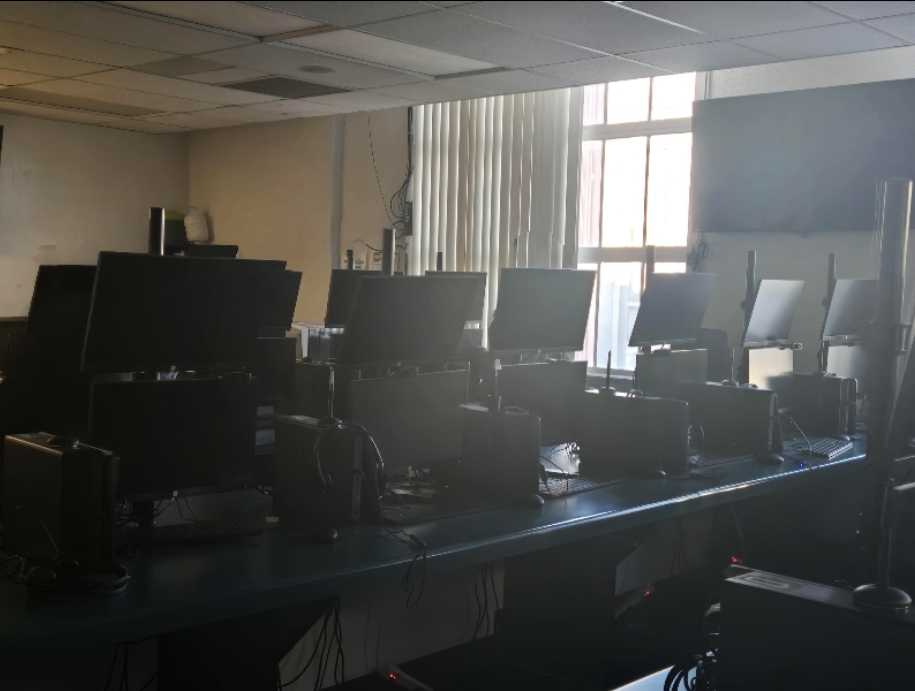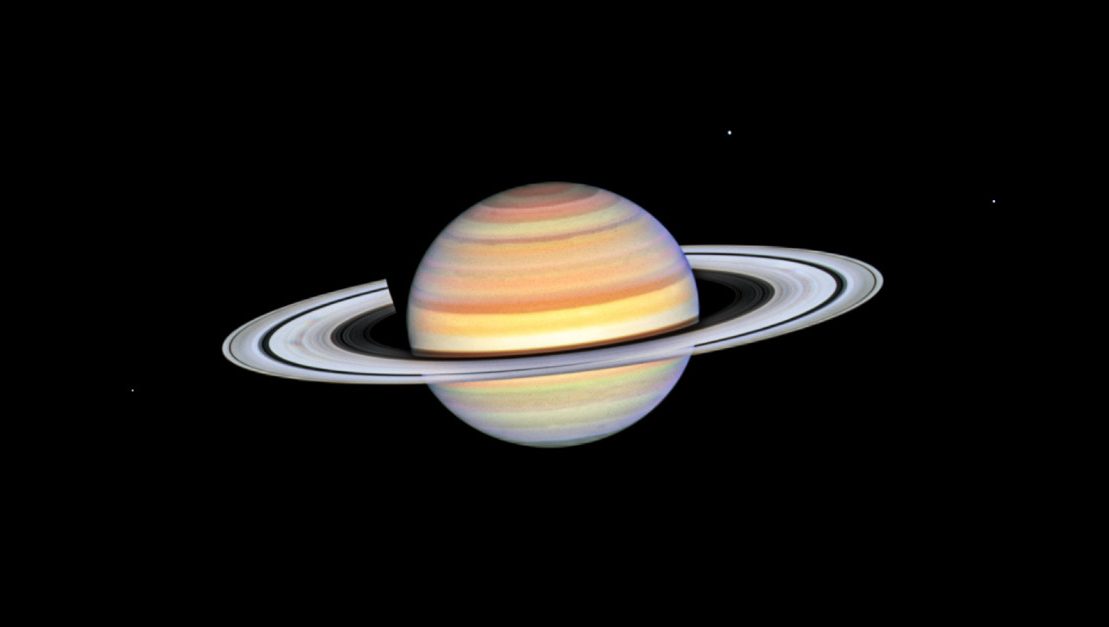Why Space Exploration Matters
Exploration of the universe has improved drastically over the years, providing valuable insights into phenomena such as blackholes, distant galaxies, and the origins of our own solar system. Technological advancements like the launch of the Hubble space telescope (1990), have allowed scientists to capture high-resolution images of distant galaxies and other space entities.
Space exploration, in addition, helps with the study of Earth and climate change. Earth science helps scientists understand the condition of our planet, and how human and natural activity affects the climate. According to NASA, “Earth-orbiting satellites and new technologies have helped scientists see the big picture, collecting many different types of information about our planet and its climate all over the world.”
“Over the last century, burning of fossil fuels like coal and oil has increased the concentration of atmospheric carbon dioxide (CO2). This increase happens because the coal and oil burning process combines carbon with oxygen in the air to make CO2. To a lesser extent, clearing of land for agriculture, industry, and other human activities has increased concentrations of greenhouse gases,” said NASA, which displays the effects of human activity on the atmosphere.
Furthermore, the exploration of the universe has piqued interest in students. “…if we didn’t know about space, then we really wouldn’t know anything else about our planets and stars,” said Sofia, a student at Las Vegas Academy of the Arts.
NASA Missions
Missions have supported the continued research of valuable discoveries such as celestial bodies inside and outside of our solar system. NASA has launched various satellites to conduct investigations of the universe, such as galaxies, stars, and planets, to record data in space. These missions, such as science, human, aeronautic, and technology missions have collected valuable data that has fueled further research and projects.
Artemis I, an uncrewed lunar flight test, was launched to enable human exploration at the Moon and future missions to Mars (NASA, 2022). This is one of the many Artemis missions that NASA has launched successfully to explore and gain information within our solar system.
Artemis missions are specified with the exploration of the Moon for scientific discovery and technological advancement. Furthermore, these missions help scientists prepare them for human missions for Mars. According to NASA, “We will collaborate with commercial and international partners and establish the first long-term presence on the Moon.” There have been three successful Artemis missions as of 2024, which include Artemis I, II, and III.
Technological Advancements
Space telescopes, satellites, and rovers have contributed to multiple missions. These missions have confirmed theories, discovered new celestial bodies, and identified planets. This field is known as astrometry. NASA’s space telescope Hipparcos (1989) is one of these tools, and is dedicated to the study of astrometry. Astrometry is the study of measuring positions, distances, motions, brightness and colors of stars (NASA, 2015).
The current orbiter of our solar system is the ACE (Advanced Composition Explorer). Launched by NASA on August 25, 1997, ACE analyzes and reports on data on our solar system to predict weather and advance warning of geomagnetic storms. The spacecraft has operated far beyond its lifetime in space, and maintains a stable function for scientists to collect data about space weather that may impact the communications of Earth and harm astronauts in space.
Achievements
NASA has made extraordinary discoveries throughout the universe. They’ve discovered how the universe works and studied unknown celestial bodies throughout years of research.
One of NASA’s most remarkable missions was Apollo 11. It is known as the first successful landing mission in United States history. Launched by President John F. Kennedy in July, 1969, Apollo 11 marked one of the most memorable moments in the history of space exploration.
Space exploration has evolved into one of the most influential developments used to this day to discover functions of the universe. It has helped scientists go in depth about uncovering the wonders of celestial bodies and phenomena within space. Moreover, space exploration assists scientists launch missions that fueled further research to influence technological advances. They’ve effectively executed astounding achievements throughout history by years of research about the universe, and will continue to do so for many years to come.























